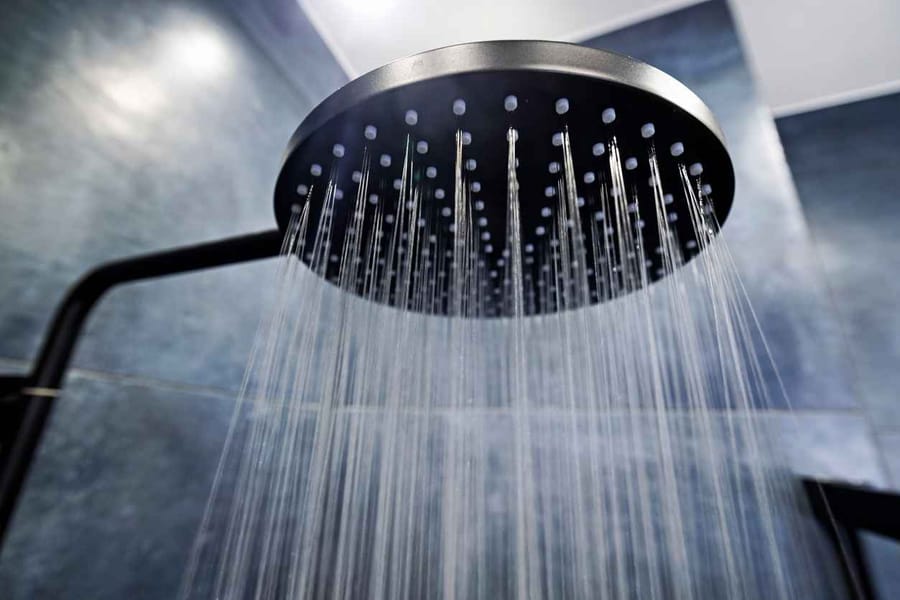absolute plumbing Inc.
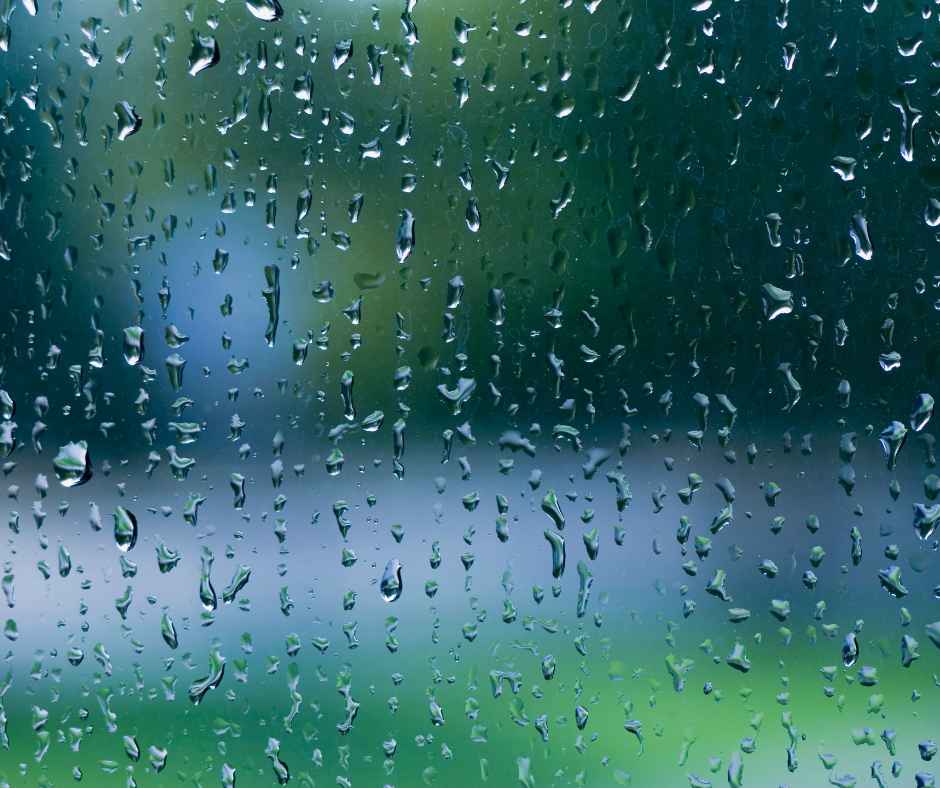
Are Your Pipes Ready for Spring Storms and Heavy Rain?
Spring in Texas brings warmer temperatures, blooming landscapes, and unfortunately, heavy rain and storms. While rain showers are great for gardens, they can pose serious risks to your home’s plumbing system. Excess water puts a strain on drains, sewer lines, and underground pipes, leading to potential issues like slab leaks, clogged drains, and sewer backups.
Many homeowners don’t think about their plumbing until a problem arises. However, spring storms can highlight hidden weaknesses in your system, leading to expensive repairs if not addressed early. The good news is that with proper preparation, you can minimize the risk of plumbing problems and protect your home from water damage.
In this blog, we’ll cover how spring storms affect plumbing, common warning signs to watch for, and the best ways to safeguard your home against heavy rainfall.
How Do Spring Storms Affect Your Plumbing?
Heavy rain and shifting ground conditions can cause major plumbing disruptions, including:
1. Increased Risk of Slab Leaks
Texas homes, particularly those with concrete slab foundations, are vulnerable to slab leaks due to soil movement during heavy rains. When the ground absorbs excessive water, it expands and contracts, putting pressure on underground pipes. Over time, this stress can lead to cracks, leaks, and even foundation damage.
Signs of a slab leak include:
- Unexplained water pooling on floors
- Warm or damp spots on flooring
- A sudden spike in water bills
- The sound of running water when no fixtures are in use
Ignoring a slab leak can result in serious structural damage, making early detection and repair crucial.
2. Sewer Line Backups and Drain Clogs
With increased rainwater flow, sewer lines can become overwhelmed, leading to slow drains or full-on backups. If your sewer system is already compromised by tree roots, debris, or aging pipes, spring storms can worsen the situation, sending sewage water back into your home.
Watch out for:
- Foul odors coming from drains
- Water backing up into sinks, tubs, or toilets
- Gurgling noises from pipes
Regular sewer line maintenance can help prevent messy and hazardous backups before they happen.
3. Burst or Shifted Pipes
If your home’s pipes are already weakened by winter cold snaps, the added pressure from heavy rains and shifting soil can cause cracks or even bursts. This can lead to leaks inside walls, under floors, or in your yard, potentially resulting in water damage and costly repairs.
If you notice water stains on ceilings or walls, damp carpets, or unexplained wet patches in your yard, you may have a hidden pipe leak that needs immediate attention.
4. Low Water Pressure Issues
Water pressure problems may arise if storm-related debris enters municipal water lines or if your pipes shift due to soil movement. A sudden drop in pressure could be a sign of an underground pipe leak or clog.
If your water pressure decreases after a storm, it’s important to have a plumber inspect your system to ensure there are no hidden leaks or blockages affecting your plumbing.
Signs of Plumbing Damage After a Storm
After a heavy rainstorm, be on the lookout for these common plumbing warning signs:
- Unusually high water bills (possible hidden leaks)
- Slow drains or water backing up in sinks, tubs, or toilets
- Damp or warm spots on floors (a sign of a slab leak)
- Gurgling noises coming from drains
- Standing water in the yard when it hasn’t rained recently
- Sudden low water pressure throughout the home
If you notice any of these signs, don’t ignore them—they could indicate a serious plumbing issue requiring professional inspection and repair. Addressing minor plumbing problems early can save you from costly water damage and extensive repairs down the line.
How to Protect Your Plumbing from Heavy Rain
The best way to avoid plumbing disasters during spring storms is through preventative maintenance. Here’s how you can safeguard your home:
1. Schedule a Professional Drain Cleaning
Clearing out debris, grease, and buildup from your home’s drains and sewer lines ensures water can flow freely, reducing the risk of clogs and backups during heavy rains. Regular drain cleaning also prevents foul odors and slow drainage.
2. Check for Sewer Line Damage
A professional plumber can inspect sewer lines for cracks, root intrusion, or blockages before they become a major issue. Hydro jetting is an effective method to clear tough obstructions and keep your sewer system running smoothly.
3. Inspect and Repair Pipe Leaks
Small leaks can turn into major issues when exposed to heavy rainfall. A plumbing inspection can identify pipe leaks early, preventing costly water damage down the road. Fixing minor leaks before storm season ensures your pipes remain in good condition.
4. Test Your Sump Pump (If You Have One)
A sump pump helps prevent basement and crawl space flooding. If your home has one, test it before the rainy season to ensure it’s working properly. Check for debris, test the float switch, and make sure the discharge line is clear.
5. Address Slab Leak Concerns
If you’ve experienced water damage, uneven flooring, or unexpected spikes in water bills, you may already have a slab leak. Slab leak detection can identify hidden leaks before they worsen. Timely repairs can protect your foundation and prevent structural damage.
6. Install a Backwater Valve
A backwater valve is a crucial addition to your plumbing system if you live in an area prone to heavy rain. It prevents sewage from backing up into your home during storms, offering an added layer of protection against sewer line issues.
When to Call a Professional Plumber
If your home experiences sewer backups, slow drains, leaks, or low water pressure after a storm, it’s best to call a licensed plumber as soon as possible. Delaying repairs could lead to severe water damage, mold growth, and costly foundation problems.
A professional plumber can:
- Perform leak detection to find hidden pipe damage
- Inspect and repair sewer lines affected by rainwater
- Clean and unclog drains and sump pumps
- Address low water pressure issues before they worsen
Spring storms can be unpredictable, but you don’t have to let them take a toll on your plumbing system.
Protect Your Home This Spring
Don’t wait for plumbing problems to escalate after a heavy rainstorm. Whether you need drain cleaning, slab leak detection, pipe repair, or sewer line services, the experts at Absolute Plumbing are here to help.
Prepare your home before the next storm hits – contact Absolute Plumbing today to schedule a service and keep your plumbing system in top shape this spring!
Recent News
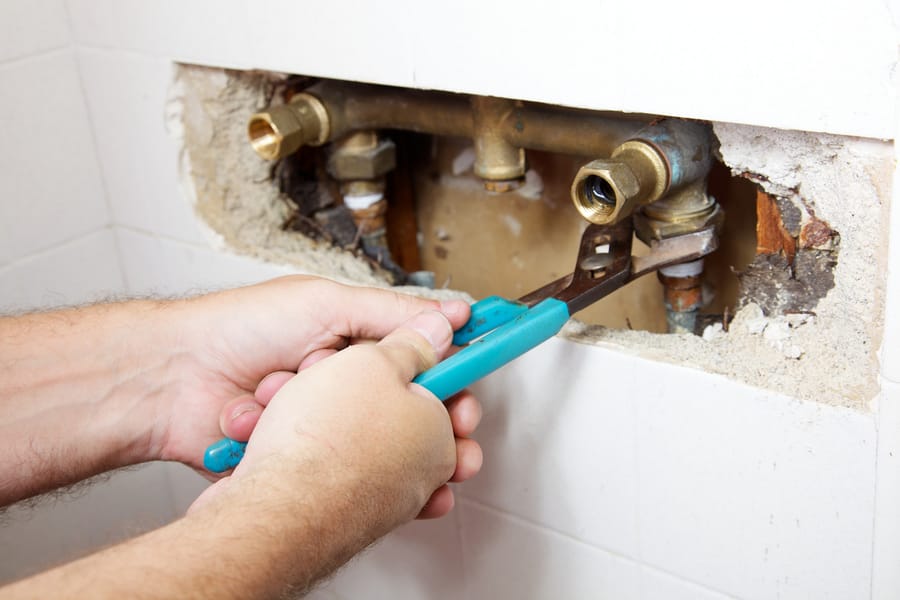
The Cost of Delay: How a Small Spring Leak Becomes a Summer Foundation Repair
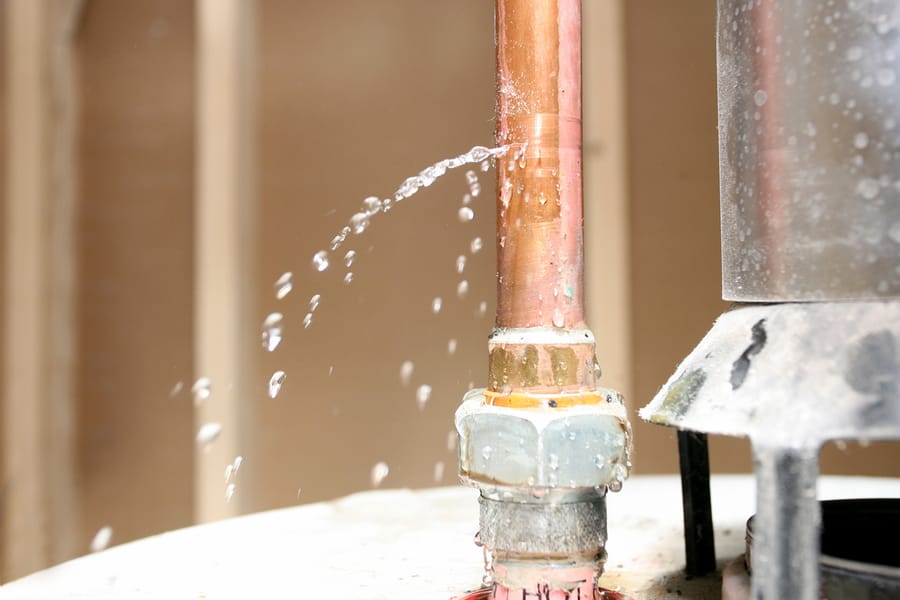
Why North Texas Homes Experience More Pipe Leaks in Winter and Early Spring
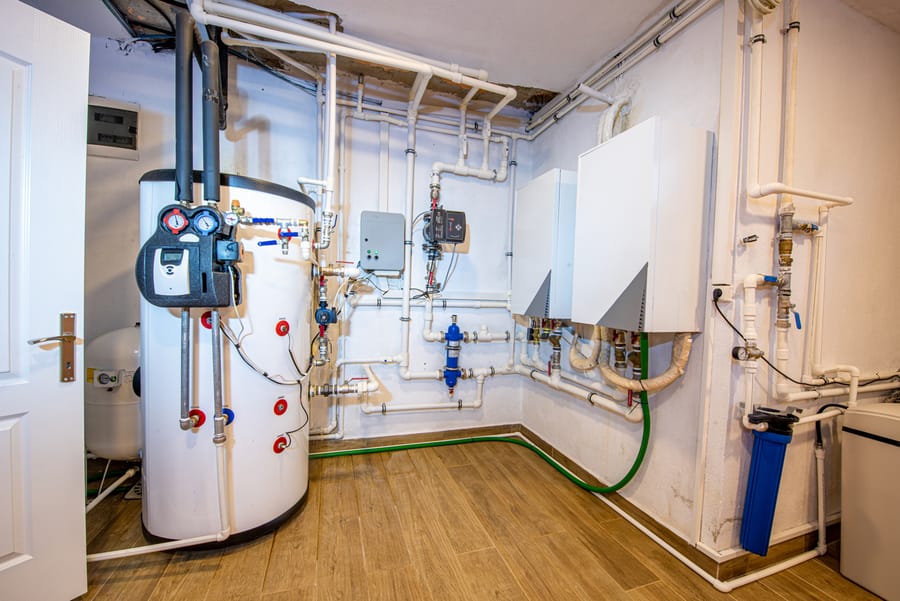
Why Your Water Heater Struggles More During Winter in Flower Mound
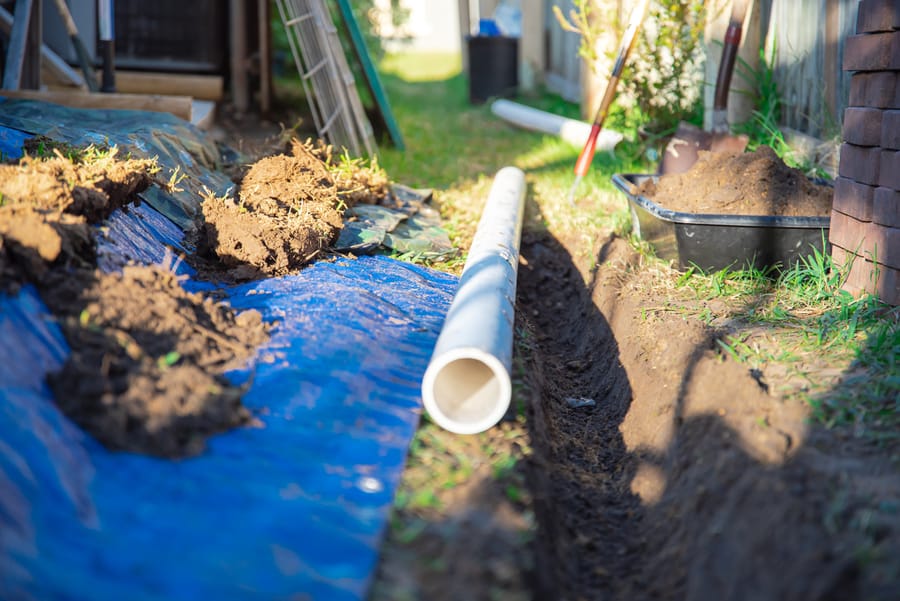
How Soil Shifting in North Texas Impacts Sewer Lines and Drains
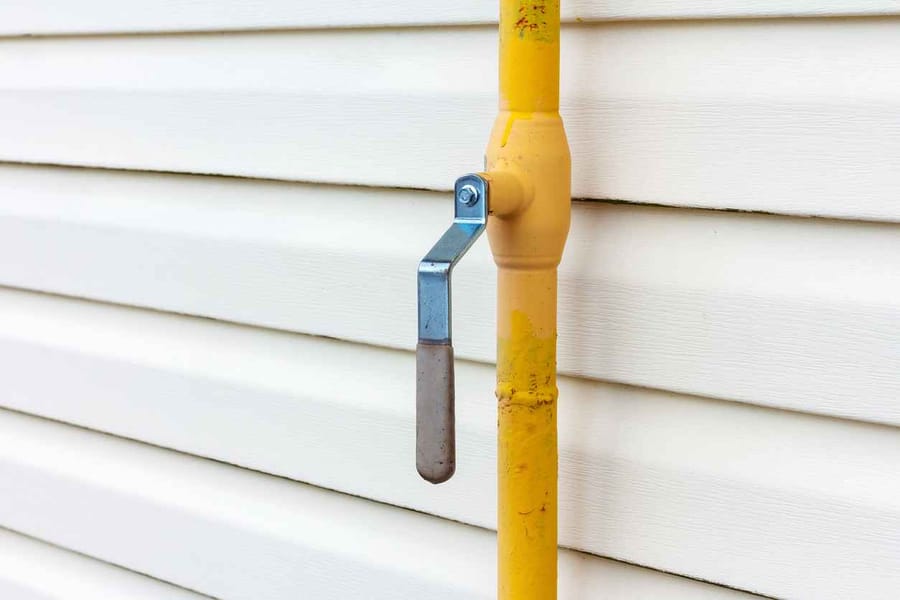
Gas Line Safety in Texas Homes: What to Do Before Cold Weather Arrives

Inside a Plumbing Inspection: What We Check and Why It Matters
